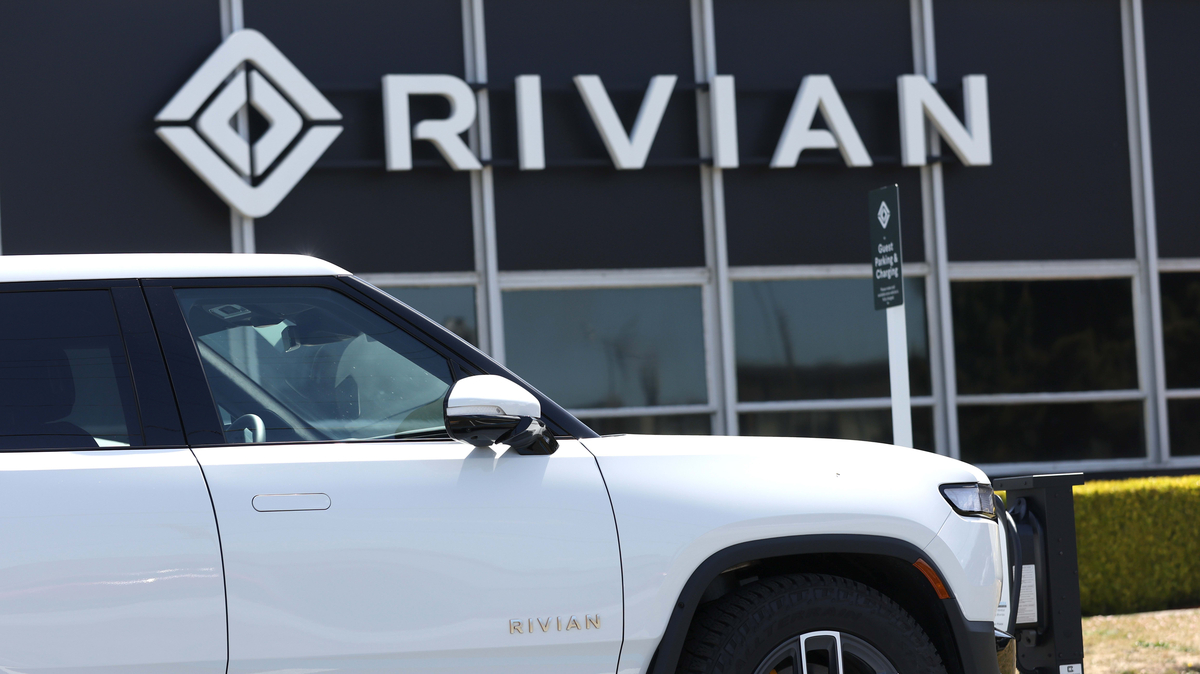Rivian, a prominent electric car manufacturer funded by Ford and Amazon, incurred a loss of $1.59 billion during the first quarter of 2022 on sales of $95 million. In the preceding three months, the business supplied 1,227 automobiles to consumers, increasing its total number of deliveries to 2,148.
Rivian said that it currently has over 90,000 bookings for its R1T and R1S electric cars, up from 83,000 in March. As of May 9th, the business has built around 5,000 cars, including its electric truck, SUV, and Amazon delivery van.
The firm reported its first-quarter numbers following a particularly difficult week, during which its stock dropped to all-time lows on the market that one of its major investors, Ford, was selling around 8 percent of its shares in Rivian. Since the start of the year, the company's stock price fell by more than 78%.
See also: Could Apple AirPods become hearing aids?
Challenges Rivian Is Facing
Rivian, like other manufacturers, has had difficulty procuring the materials necessary to build lithium-ion batteries for its cars and the semiconductor chips required to power a significant number of its high-tech features. Since its historic IPO last year, when the business launched on the public market with a value of nearly $80 billion, Rivian's stock price has declined. Since then, bottlenecks in the supply chain and production issues have hindered its growth.
But in a teleconference with investors, Rivian's CEO RJ Scaringe said that supply chain interruptions are nearing their conclusion. Scaringe said, "We feel we've seen the worst of it, or the trough, if you will, of the supply limitations." The suppliers are also pressed.
According to Morgan Stanley analyst Adam Jonas, Rivian's enterprise value, which is effectively its market capitalization less its net cash, is "now barely over zero dollars." This conveys the message to investors that if Rivian cannot get control of its supply chain, it may be forced to dilute its shareholders.
The Way Forward For Rivian
Rivian CFO Claire McDonough responded that the company had $17 billion in cash on hand, enabling it to scale up production at its Normal, Illinois factory profitably.
Rivian has reacted by scaling down its goals and pursuing a more modest timetable for the remainder of the year; according to its last financial report, only manufacturing 25,000 cars in 2022. According to its Q1 financial report, Rivian continues on target to build this amount of cars in 2018.
RJ Scaringe, CEO of Rivian, said that the business has $17 billion in cash on hand and is on pace to deliver its next electric vehicle (EV) platform, R2, at a new facility in Georgia in 2025. The R1 platform is the dual-motor architecture that supports the R1T pickup truck and R1S sport utility vehicle. R2 will serve as the foundation for a new compact SUV that, according to Rivian, will be more affordable than its previous two cars, both of which have a suggested retail price of over $70,000.
Rivian built 2,553 automobiles during the first quarter but only delivered 1,227 to consumers. McDonough explained this discrepancy due to the company's direct-to-consumer business model, which lacks a typical dealer network to function as distribution hubs.
Ford has also begun delivering the first F-150 Lightning electric pickup vehicles to customers, contributing to profitability. While Rivian is the first to market with an electric pickup, the R1T, Ford's electrified F-series, is likely to encourage more consumers to consider converting to EVs.
Featured image: Rivian
Subscribe to Whitepapers.online to learn about new updates and changes made by tech giants that affect health, marketing, business, and other fields. Also, if you like our content, please share on social media platforms like Facebook, WhatsApp, Twitter, and more.

